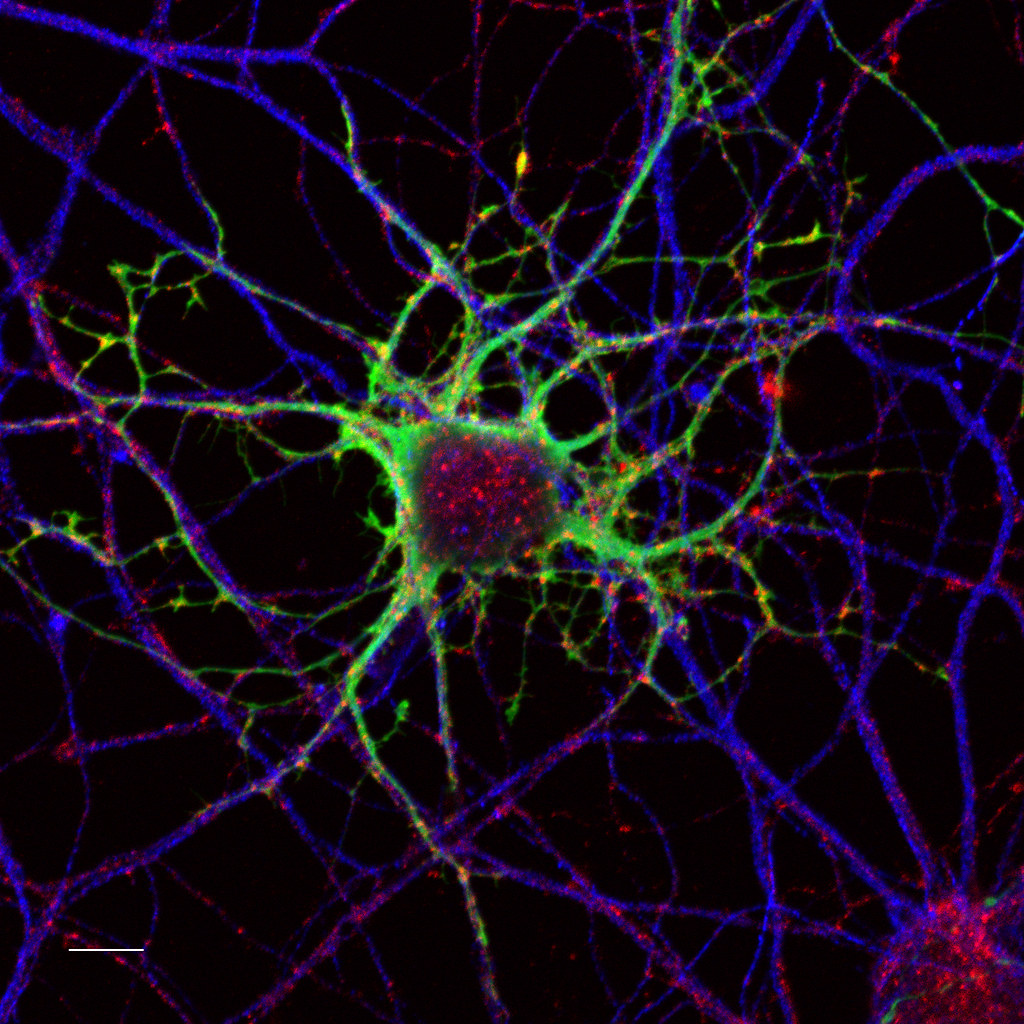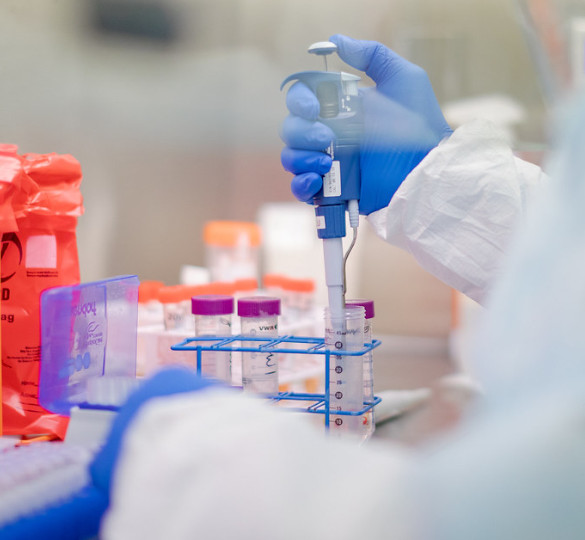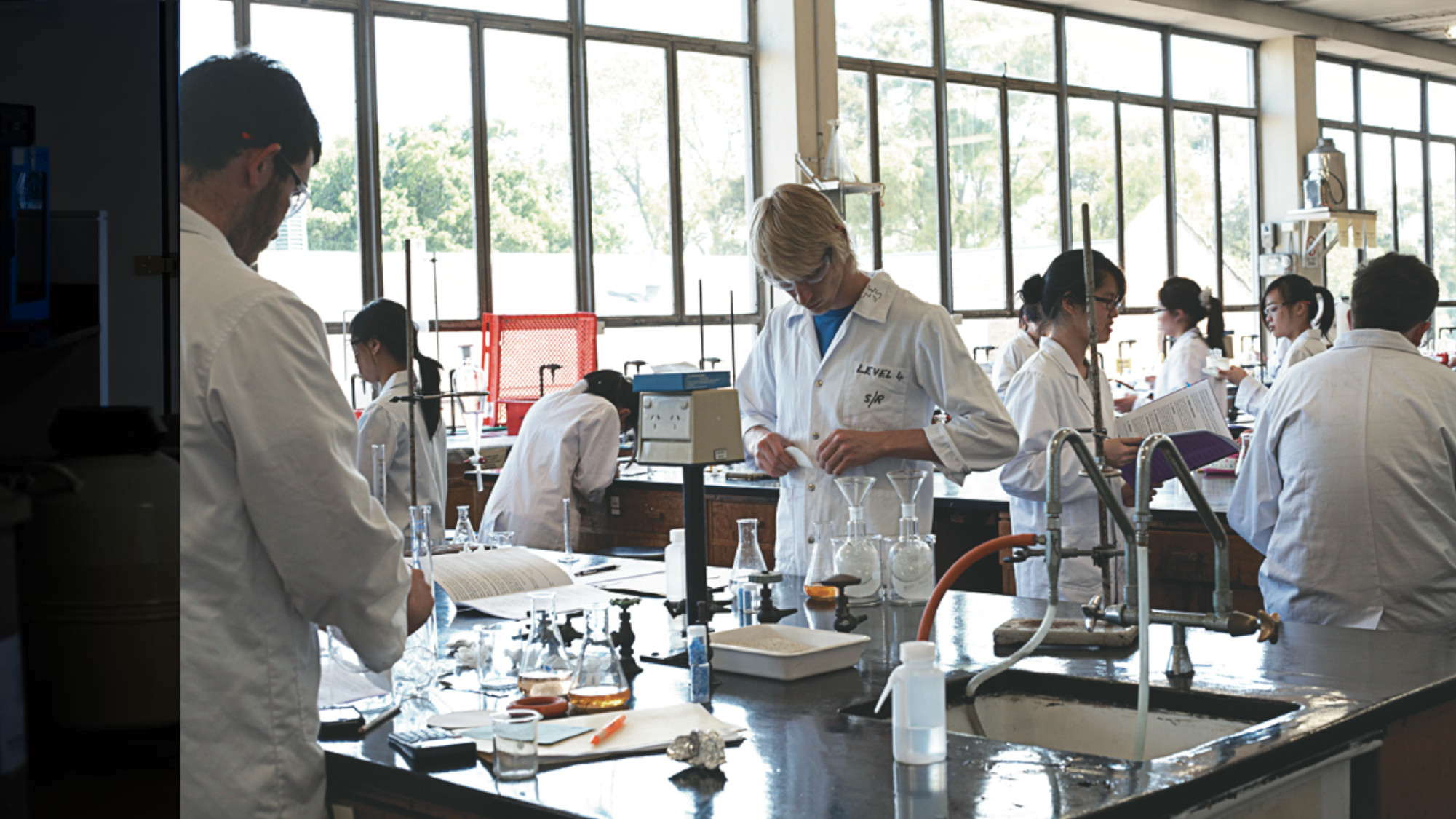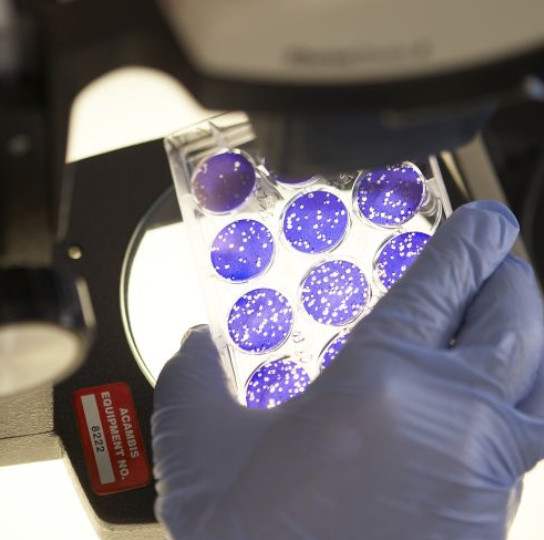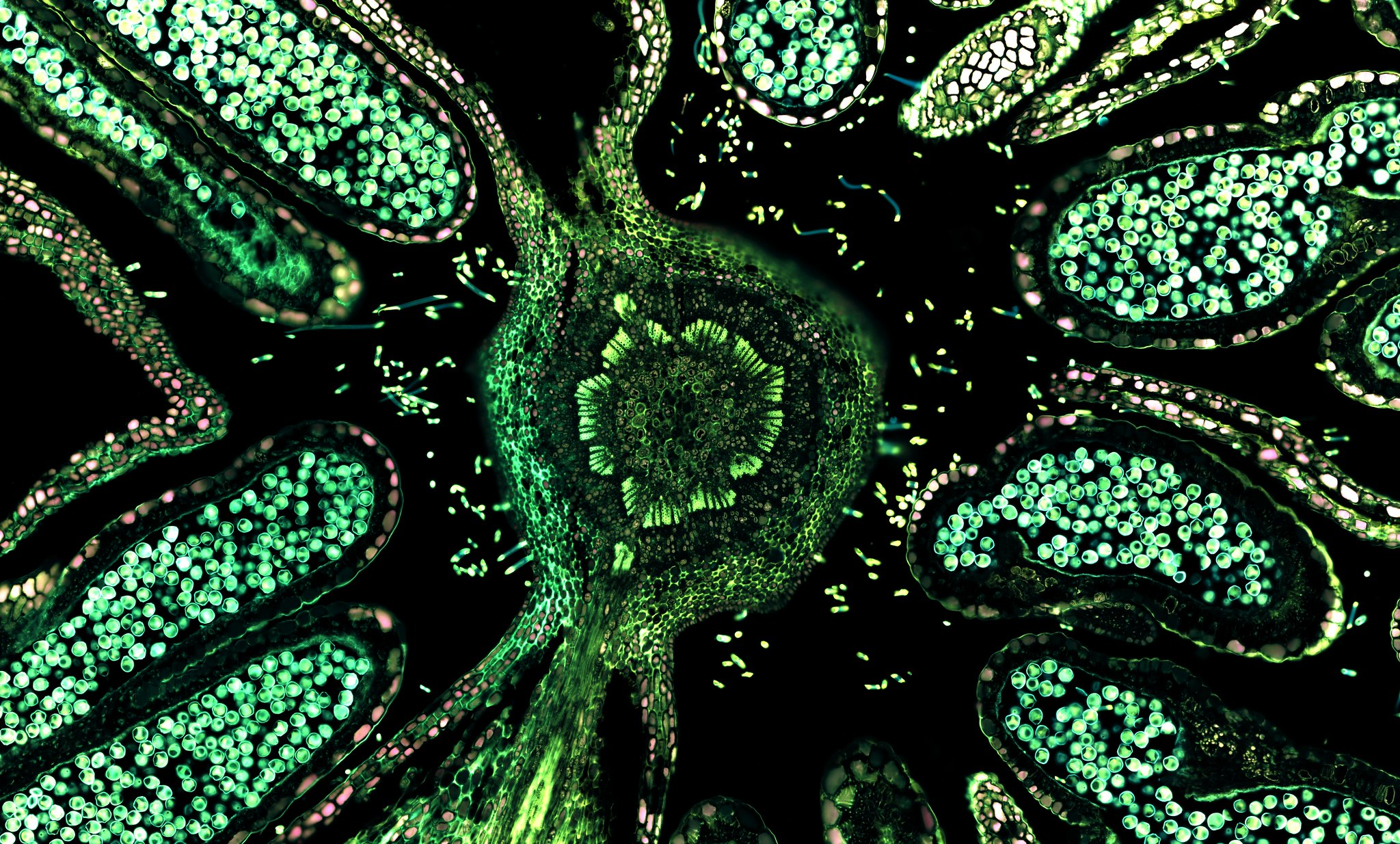

SIX DEGREES FROM SCIENCE is a feature-length documentary immersing us in the lives of passionate biomedical scientists who work in environments where competition for resources is fierce, institutional barriers abound, and their focus is constantly directed away from science to survival.
The American “ivory tower” system is forcing promising researchers out of science and into other lines of work, damaging the pipeline of discovery and jeopardizing critical medical advances and future cures. Will these tenacious “next generation” scientists be able to navigate all the obstacles en route to their fascinating and life-changing discoveries? Or, should they fail, what is at stake for the rest of us?
